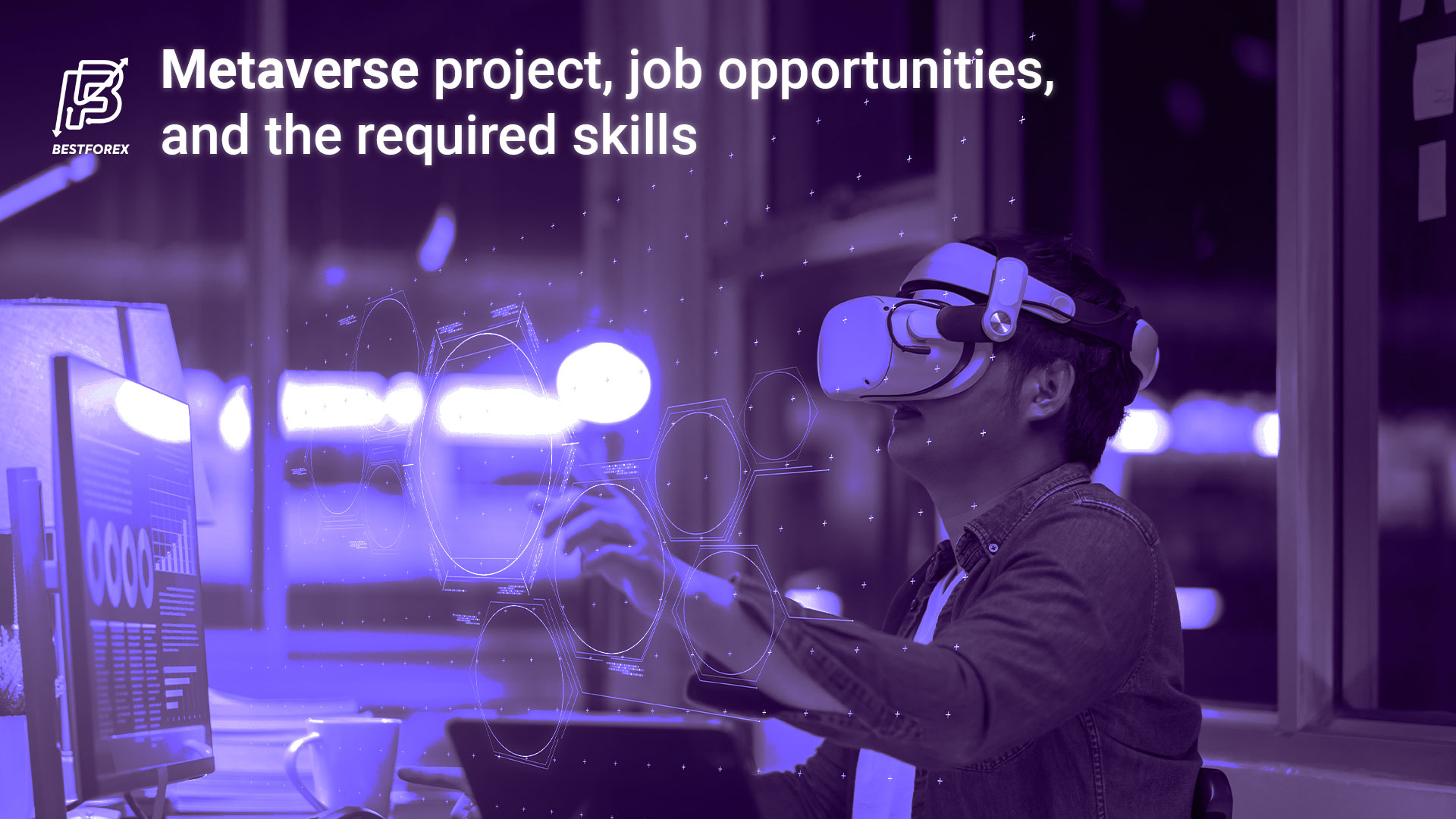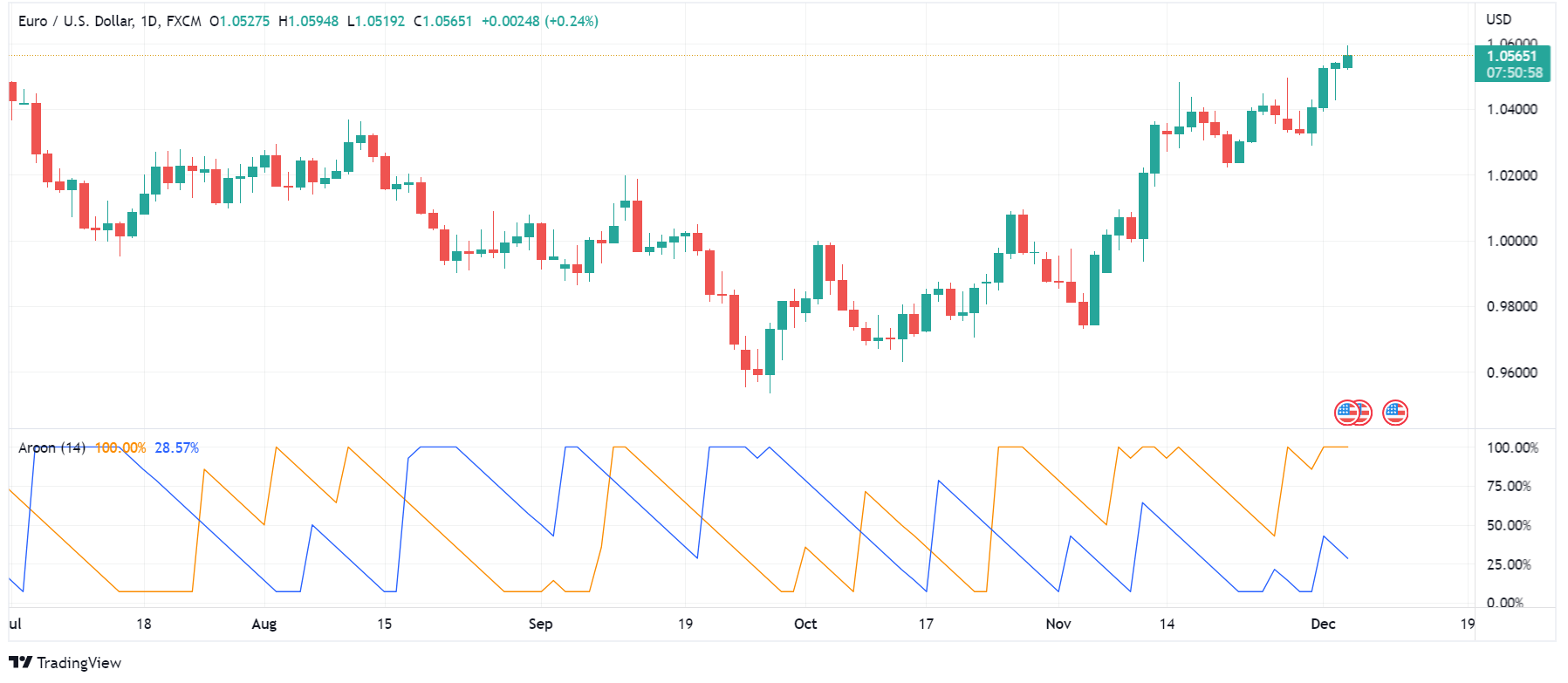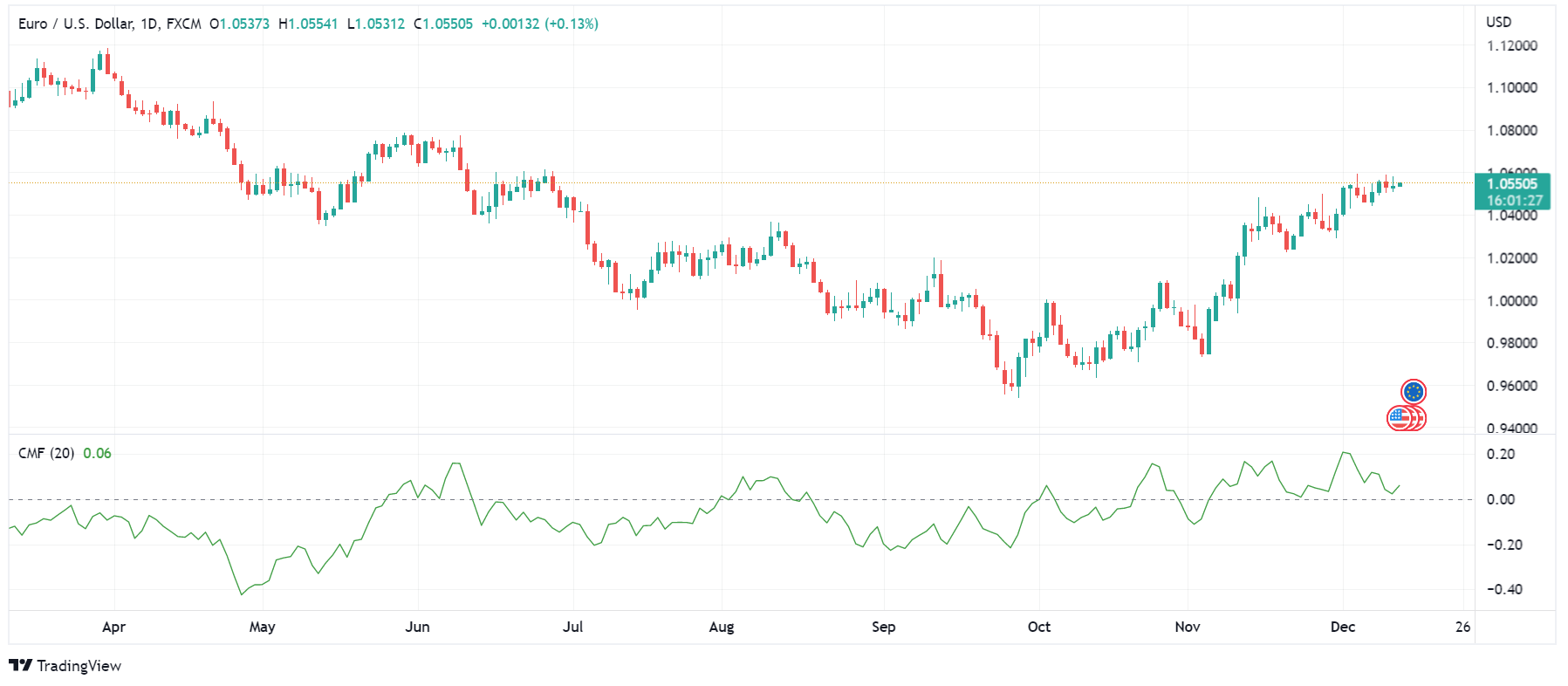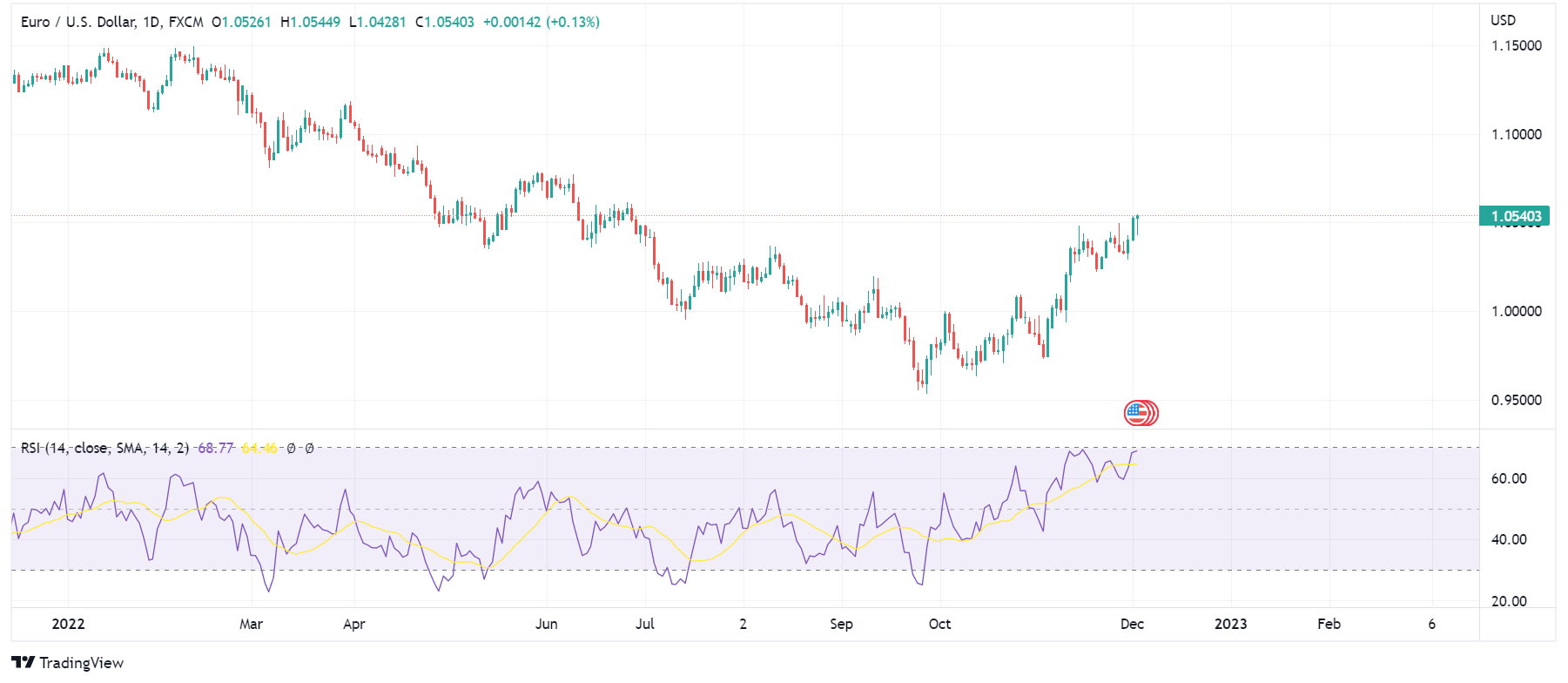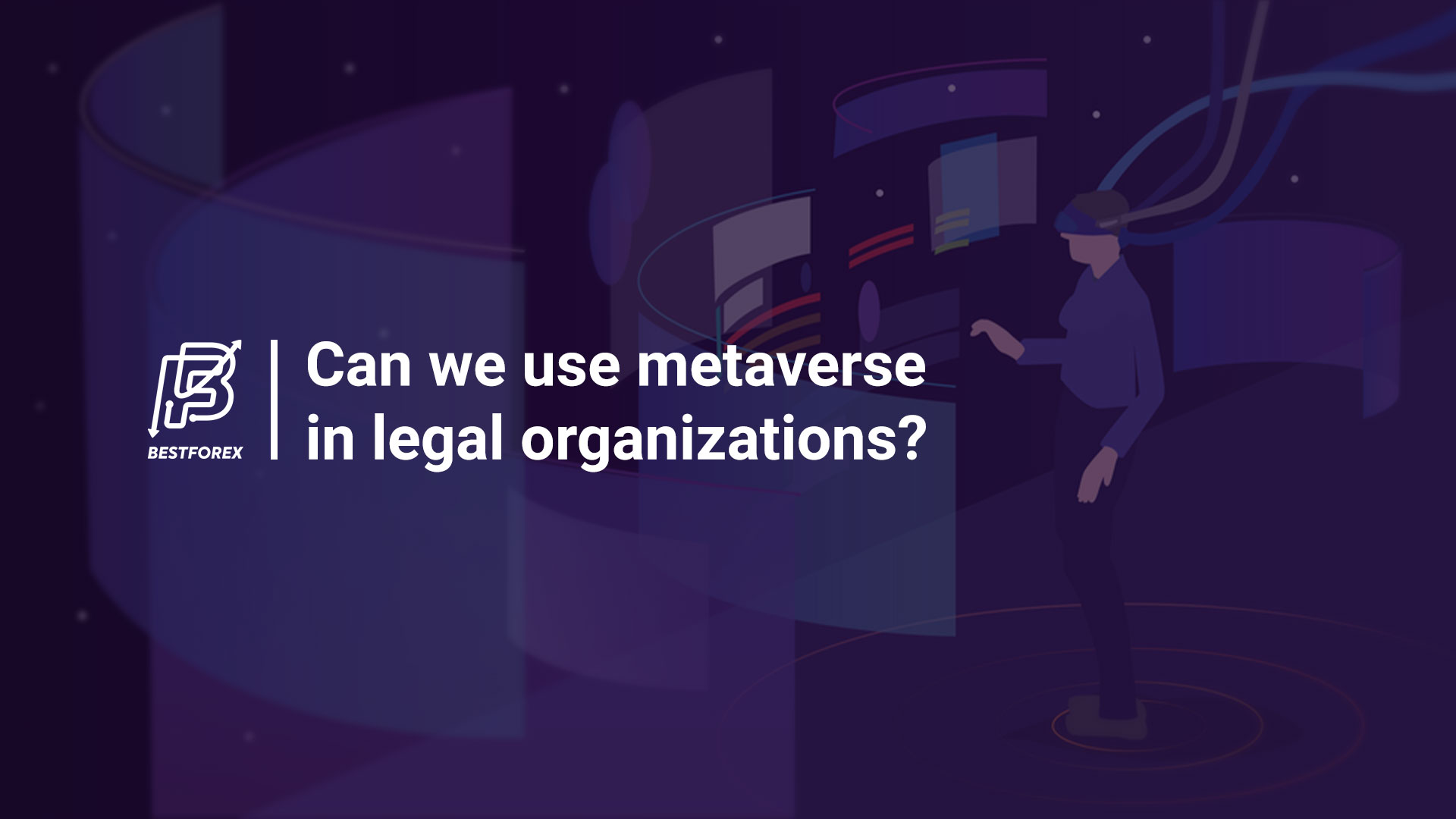
It’s no secret that many actual events have undergone digital incarnations or have completely transformed into virtual realities during the past few years. A municipal judge in Colombia recently made the decision to conduct a judicial proceeding in the metaverse as a technological experiment. The civil lawsuit, which involved a traffic accident, will continue “partially” in the metaverse.
Although many people think that the metaverse will change how we interact with one another, it raises the question of whether it is feasible to use the metaverse in court sessions where a person’s future may be on the line. To learn more about the potential use of the metaverse in legal organizations, Cointelegraph spoke with former law professor and crypto criminal defense attorney Carlo D’Angelo. The COVID-19 pandemic required legal systems globally to adopt digital, and the metaverse court case in Colombia was not dissimilar from this. He said: “This urgent need to conduct the court’s business, [amid] a global pandemic, most certainly accelerated the mass adoption by judges of Zoom and other video conferencing services.”
Challenges of using metaverse in court sessions
While these Zoom meetings were effective for advancing dockets and court hearings, D’Angelo told Cointelegraph that the technology we’re using now is not ideal for jury trials. The primary cause is that, it is hard to detect “subtle visual clues,” biases, and verbal and non-verbal indicators when concealed behind a metaverse avatar. D’Angelo stated that he questioned whether any physical signs were being overlooked while observing the Colombian court proceeding, such as the judge raising an eyebrow or the opposition fidgeting.
He claimed that too many constitutional rights, at least in the United States, are under jeopardy, including the defendant’s right to be “present” at the trial and the ability to “confront” the prosecution’s witnesses under the Sixth Amendment.
The vision of using Metaverse in legal organizations
D’Angelo claimed that as a “technologist” and a lawyer, he is optimistic about the potential of Web3 technology and how it may progress the legal industry. Before courts implement metaverse trials and hearings, he thinks there are still a lot of obstacles to overcome. According to him, the widespread use of augmented or virtual reality by the general public will have a significant impact on the future of metaverse judicial proceedings. He remarked, “maybe we will see metaverse hearings start to show up on court dockets” if all parties are at ease using the technology. There is currently a burgeoning community of legal professionals who are learning about Web3 technologies and how they can affect the sector, including attorneys, advocates, and others interested in legal problems.
Read more topical financial news here.






